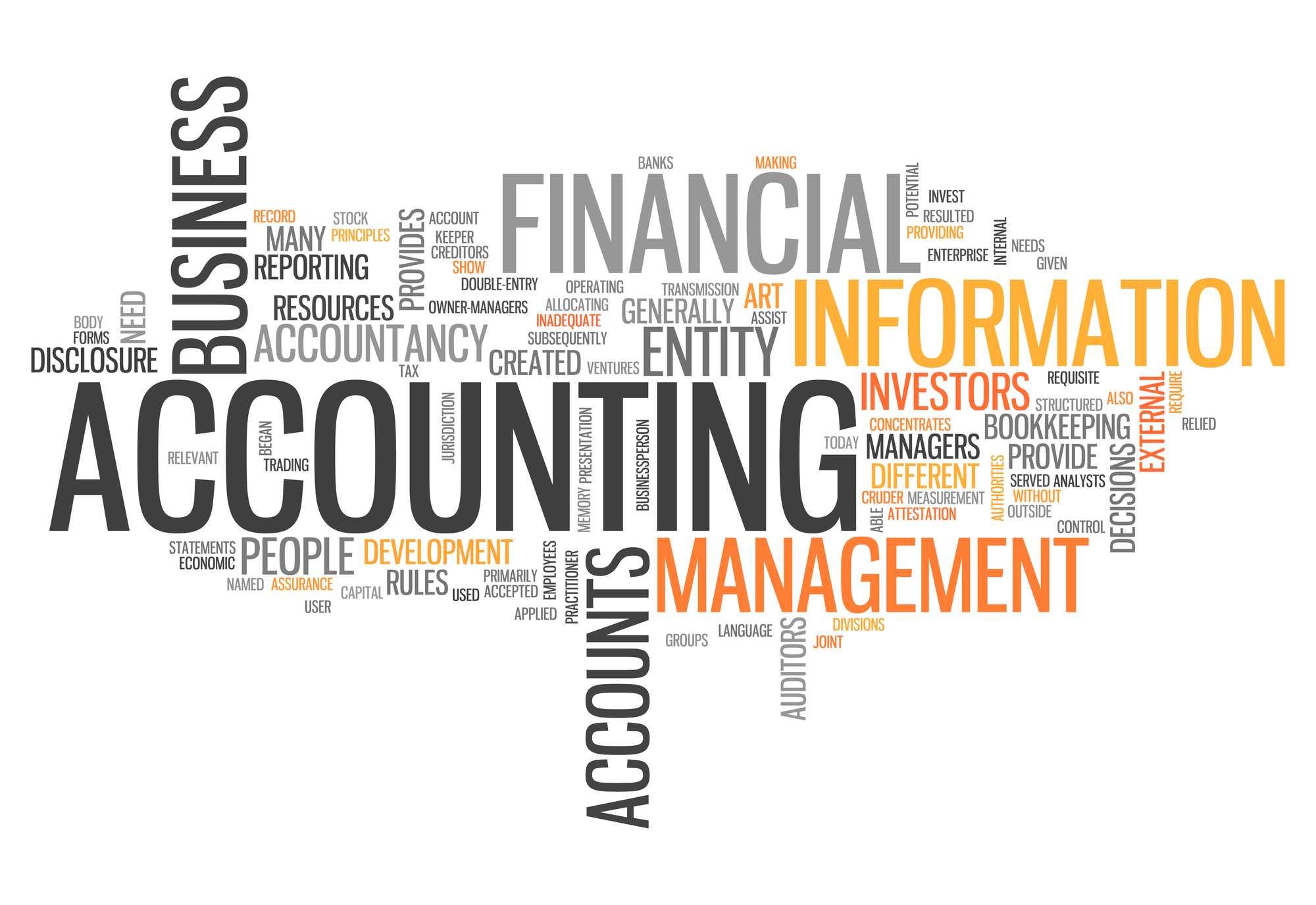
How to Hire an Accountant
Entrepreneurs who start a business are required to wear many hats. If an office sink backs up, they may be the one who uses a plunger before calling a plumber. If they are really smart they will be working out of a home office or garage to save money on overhead.
There is a phrase that causes budding entrepreneurs to have nightmares, which is “cash-burn.” Cash burn is how fast the company is going through whatever limited financial resources that are available. It is like a countdown clock to the time when a company has to find more financing and/or earn revenues. If it fails to do this in time, it may go out of business. Underfunding of new businesses is the most common reason why the vast majority of start-ups fail within the first three years.
Naturally, an entrepreneur wants to save money every way possible. However, it is not a good idea to avoid hiring a good accountant.
The main issues include, 1) using an accountant as a strategic advisor, not just a number cruncher; 2) having the benefit of accurate accounting that is kept current; 3) getting good tax advice, and; 4) preparing for and organizing the accounting records for an outside audit.
When hiring an accountant, look for expertise, experience, and one that has a good reputation. Carefully review the services offered and the fees charged.
An accountant, who has the skills and experience in the business sector of your start-up, can provide valuable advice as part of your strategic executive team. They may know helpful industry contacts as well as how to find some potential investors.
Having the company’s accounting in order is a critical factor in getting a new business going properly, making sure it stays on track with its financial goals, and that it is prepared, when necessary, to answer any financial questions about the company’s operations.
The McLinden Group is here to help with your accounting needs.

Why Every Business Owners Needs an Exit Strategy
An exit strategy is one of the foundations of smart entrepreneurship, something every business owner needs to have. Most owners focus on building their business, not leaving it, but if you don’t have the right balance or unexpected circumstances occur, you may need to shut down or walk away. Having an existing exit strategy ensures you can do so in the best manner possible.
What’s Included in a Well-Planned Exit Strategy?
Every exit strategy needs to have several components, each of which works towards the same goal. A customized plan will account for the company’s unique circumstances, the industry, the market itself, the goals of the owner, as well as the timeframe in which the owner is likely to leave. Key components of an exit strategy should include the following.
- What does the owner need or want to leave the business? Outline specific goals based on profit, success, or other factors.
- What timeframe is necessary? A flexible timeframe, for example, provides more negotiation power to the business. When an immediate need is present, options tend to be limited.
- What is the ideal outcome for the business? Does the owner expect the business to continue on long-term after they leave? Will they be okay with the company dissolving?
- What will the owner’s next plan be? Will the owner hope to take sale proceeds to start a new venture? Or, does the owner just want to break even?
Why Do It?
To be clear, establishing an exit strategy isn’t just for the time the owner is ready to leave. It also plays a role in every decision the owner makes throughout his or her ownership. It’s a flexible template that helps the owner to manage circumstances as they occur. And, it can also help enhance the value of the business. Perhaps even more important is that, to create an exit strategy, business owners need to work closely with financial advisors. This opens the door for new opportunities, better financials, and a clear outlook for the business.
The Benefits of Outsourcing for Small Business
Small business owners have a number of hats to wear, and it can be challenging getting the right support at the level they need. That’s where outsourcing comes in. By outsourcing, small businesses can get a number of functions handled in a timely and efficient manner without worrying about compromising their standards. Outsourcing can also help cut costs and allow resources to be redirected to other areas. Here’s how outsourcing can be of help:
- Competition
Even as a small business, the object is to position the company as a larger entity that can handle projects like their competitors. Outsourcing provides reduced labor, increased efficiency, and the ability to level the playing field.
- Projects
The lag time between finishing and starting another project can hurt productivity. Outsourcing some tasks will allow the team to focus on what needs to be done in-house, while other tasks are taken care of at the same time. This way, you won’t lose any manpower, but will gain peace of mind.
- Risk Reduction
In every organization, there is a certain level of risk involved. When outsourcing, that risk no longer lies within the company, but is assumed by the outsourcing agency.
All of these are good reasons why outsourcing can be beneficial for small businesses, providing advantages that may not be available with the current team. Focusing on the core business is key – this helps streamline operations, manage efficiencies, and prioritize for greater ROI.
How to Create a Strategic Business Plan
It is important to understand the difference between a business plan and a strategic business plan. Some entrepreneurs believe that a good business plan is a document produced at one particular time for a certain purpose, such as raising capital or getting a bank loan, and then it is put aside and forgotten. After all, if a business plan was successfully used to raise money, why bother with it after that?
There is a need for better thinking about this because a strategic business plan is an improvement over a one-time use business plan. A strategic business plan is a terrific tool that helps guide the company to success.
Think of a strategic business plan as an ever-evolving road map of what the company needs to do to reach its goals. Naturally, these things change as a business moves forward, depending on what obstacles, challenges, and opportunities are discovered.
To create a strategic business plan, first, organize all the data and research available that supports the need for the business and then articulate a clear, concise vision for the company. Create a mission statement, which is how the company plans to pursue its vision. Identify the company’s strategies in detail and then organize them by priority.
Contact the McLinden Group to assist in creating a strategic business plan and for any of your accounting needs.

St. Jude Tournament of Hope
In our effort to support worthy causes, The McLinden Group spent Monday, June 5th as a sponsor to the 16th Annual St. Jude Tournament of Hope at the Minnesota Valley Country Club. This is an incredible opportunity for our organization to support an important cause. This year marked the 15th anniversary of the event, which has raised more than $1 million for children impacted by cancer and other life-threatening diseases in Minnesota and globally. The funds directly benefit the St. Jude Children's Research Hospital.
As part of the event, we handed out free BBQ sandwiches and Fidelity Bank provided cold beverages at one of the holes as competitors made their way through the course. It was incredible to see people coming together for a bit of time on the green to do something for those in need.
What makes St. Jude so valuable is its ability to never send a bill to families impacted by childhood cancer and other diseases. They believe families shouldn't have to worry about money during this time. We would encourage any of our clients to make a donation in your name to further support these efforts. Visit www.stjude.org to do so.

